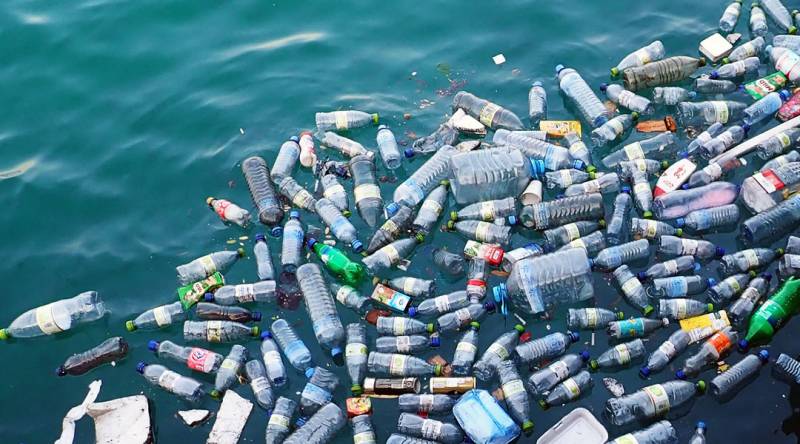AP, TS skip giving info on plastic waste: CPCB
By Newsmeter Network
Hyderabad: The Telugu states are on the radar of the Central Pollution Control Board (CPCB). The CPCB in a statement recently said, “Andhra Pradesh and Telangana have not provided information on the state's plastic waste management.” To tackle the increase in plastic waste, the Government of India, in 2018, amended the Plastic Waste Management Rules, 2016.
United Nations, in an official statement, said, “Today, we (world) produce about 300 million tonnes of plastic waste every year. That’s equivalent to the weight of the entire human population.
Hyderabad generates about 200 tonnes of plastic waste on a daily basis and is ranked as the seventh-largest city when it comes to plastic waste.
It’s not only AP and Telangana, but 12 other State Pollution Control Boards (SPCB) /UTs have also not provided data of their plastic waste management. There are 35 State Pollution Control Boards /UTs under the Central Pollution Control Board. According to CPCB, only 21 SPCBs/UTs have submitted their data on plastic waste management. The data for the remaining 14 SPCBs/ UTs is not available with the Central government.
To make the SPCBs work stringently, the Central government has amended the Plastic Waste Management Rules, 2016 in 2018. According to the amended rules, each state pollution control board or pollution control committee has to prepare and submit their annual report to the central pollution control board on the implementation of these rules by July 31 every year.
There are 1,685 registered manufacturing/recycling units established to process plastic waste in every state. India has 383 unregistered plastic manufacturing units of which 246 unregistered plastic units are in the state of Punjab. These unregistered units do more harm to the environment as the CPCB listed that these unregistered plastic manufacturing and recycling industries run in residential areas.
Only 9 per cent of all plastic waste ever produced has been recycled. About 12 per cent is incinerated, while the remaining 79 per cent gets accumulated in landfills, dumps or the natural environment.